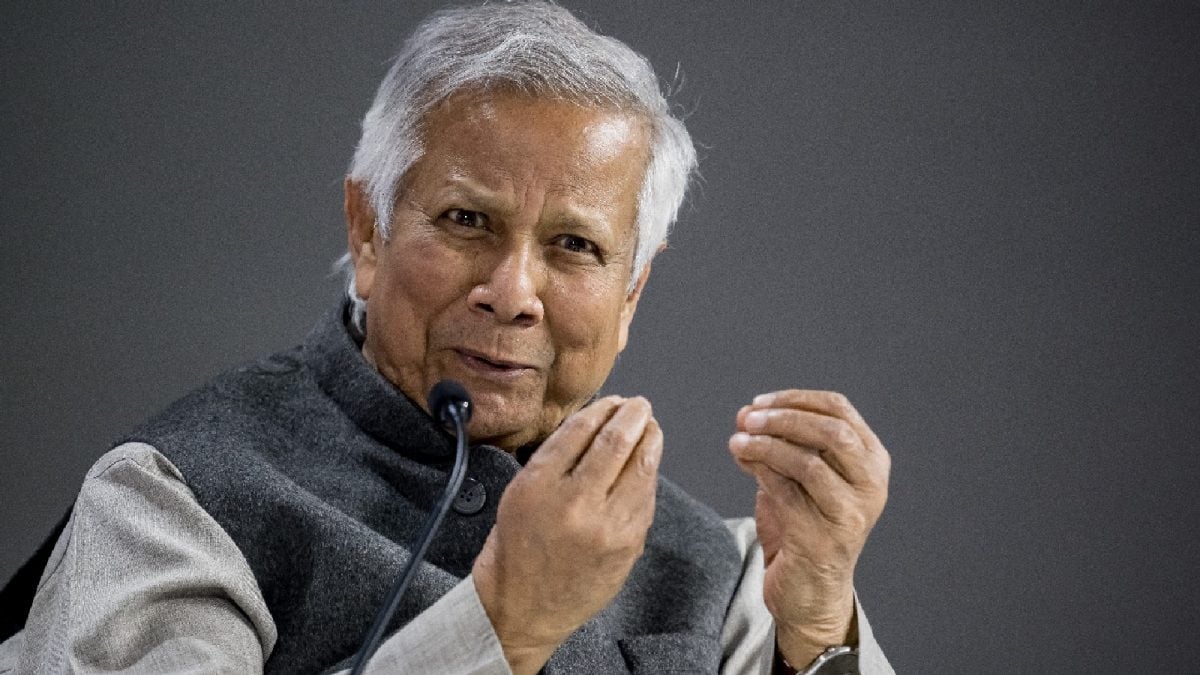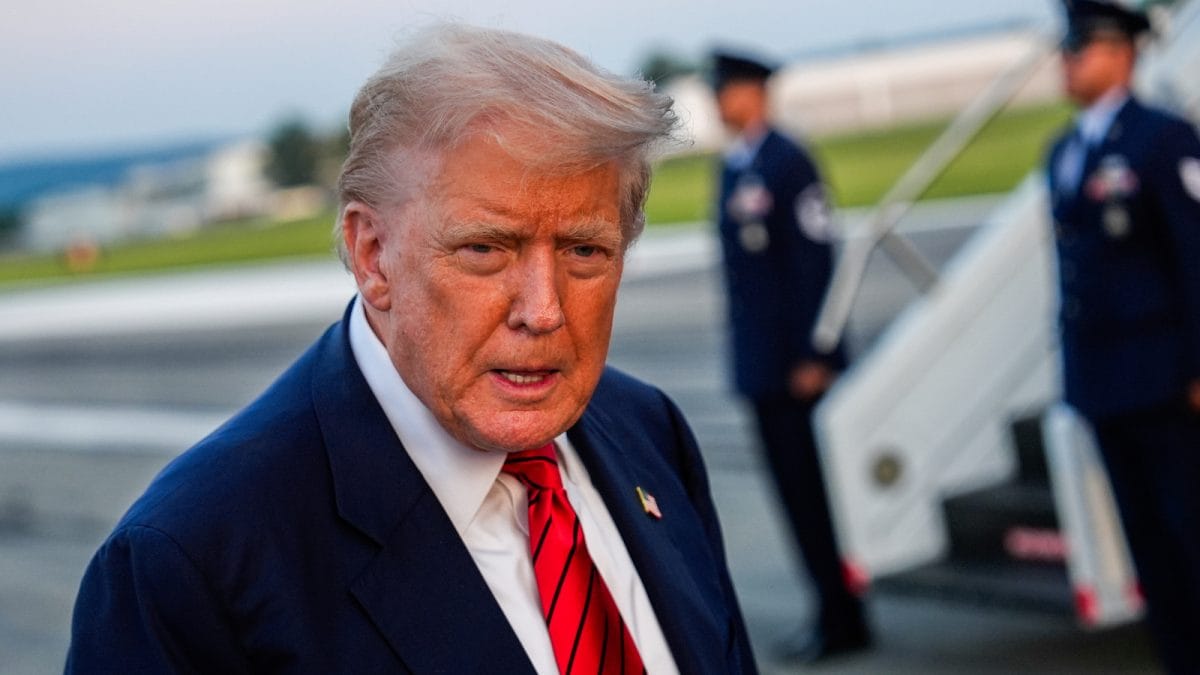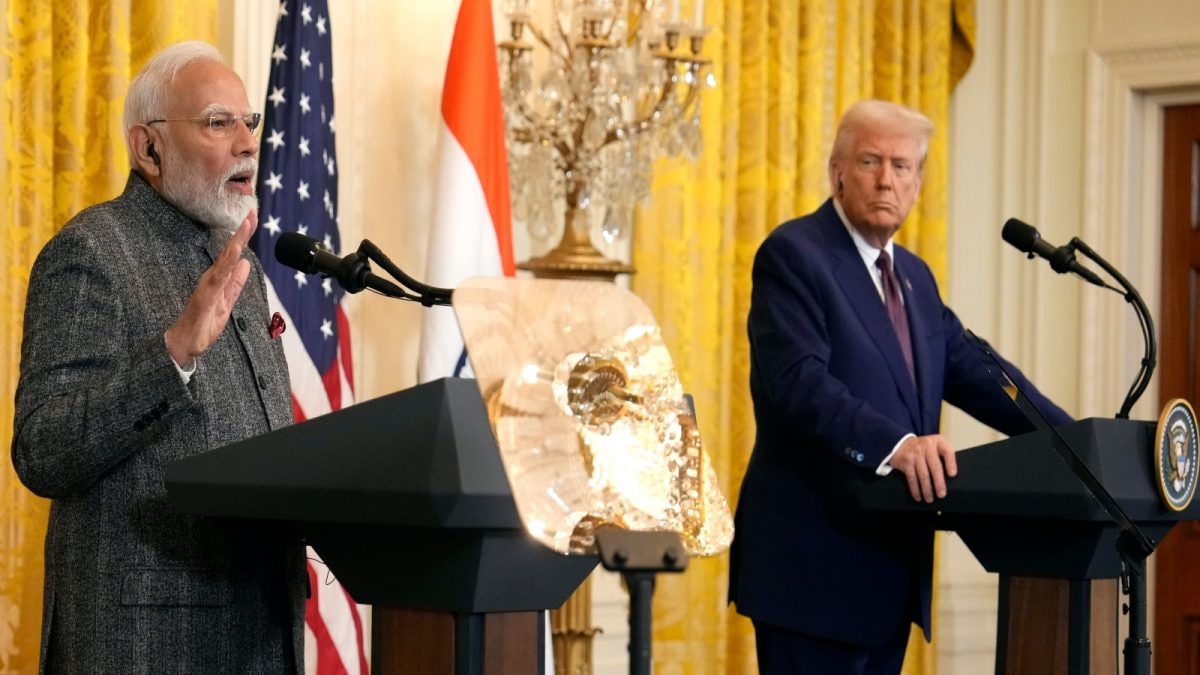Last Updated:June 09, 2025, 17:33 IST
Intelligence sources further claim that Turkey, Pakistan’s ISI, and Bangladesh's Jamaat-e-Islami have formed a strategic alliance aimed at destabilising India

Turkish authorities are said to have facilitated visits by Bangladeshi Islamist leaders and student activists. (Photo: X/jisajib1)
Turkish Funding for Bangladesh’s Jamaat-e-Islami Poses Threat to India: Intel Sources
Turkish intelligence agencies are allegedly providing financial and logistical support to Islamist groups in Bangladesh, particularly the radical outfit Jamaat-e-Islami, raising serious concerns about India’s national security, according to intelligence sources.
The sources claim that Turkey’s support goes beyond ideological sympathy and now includes direct financial backing. A key example cited is the renovation of Jamaat’s office in Dhaka’s Moghbazar, which is believed to have been funded by Turkish intelligence-linked entities. The move suggests a structured effort to strengthen the group’s organisational and infrastructural base.
Visits To Arms Facilities Raise Red Flags
In what is being seen as a worrying development, Turkish authorities are said to have facilitated visits by Bangladeshi Islamist leaders and student activists, including Sadiq Qayam, to Turkish arms manufacturing units. Intelligence inputs suggest that these visits may be aimed at enabling access to military know-how and possibly weapon supplies.
Ankara’s Pan-Islamist Agenda
Under President Recep Tayyip Erdoğan, Turkey has reportedly expanded its influence among Islamist factions in South Asia. Turkish institutions are known to host religious seminars and workshops targeting South Asian Muslims, allegedly as part of Ankara’s larger pan-Islamist outreach.
India’s security agencies believe this ideological grooming could serve to radicalise vulnerable populations and align them with Turkish geopolitical ambitions, sources said.
Suspicious Defence Engagements
Further raising eyebrows was the official visit by Mohammad Ashiq Chowdhury, Chief of Bangladesh Investment Development Authority (BIDA), to Turkish defence manufacturer MKE. The visit, reportedly conducted without the presence of senior Bangladeshi military or defence officials, has sparked concerns over covert defence arrangements under civilian pretexts.
In addition, intelligence reports claim that Bangladesh’s national security and information advisers have been attending closed-door military briefings in Turkey. There is also suspicion that Turkish assistance may be directed towards arming the Arakan Army, an insurgent group operating in Myanmar near India’s eastern border.
🇧🇩🇹🇷 BIDA Chairman Ashik Chowdhury visits Turkey’s MKE to explore military cooperation & tech transfer in defence. Turkey emerges as a key supplier of military equipment for Bangladesh. pic.twitter.com/4KbOEAposX— Jahidul Islam Sajib (@jisajib1) May 31, 2025
Cross-Border Threats and Terror Financing
Jamaat-e-Islami and its affiliates are known to rely on diverse funding channels—including remittances, donations, and covert foreign intelligence support—to finance their activities. With Turkish backing, the group may now be better positioned to expand its operations and recruitment efforts in both Bangladesh and India.
Security officials warn that the strengthened nexus between Jamaat and Turkey could fuel cross-border terrorism, especially in India’s Northeast. Turkey has previously been accused of backing radical elements in India, particularly in regions like Kerala and Jammu & Kashmir.
Strategic Alliance With Pakistan’s ISI
The intelligence sources further claim that Turkey, Pakistan’s ISI, and Bangladesh’s Jamaat-e-Islami have formed a strategic alliance aimed at destabilising India. This trilateral network reportedly facilitates the movement of funds, weapons, and extremist ideology across South Asia, using Bangladesh as a staging ground for anti-India activities.
The growing strength of this alliance, security analysts warn, poses a serious challenge to regional stability and India’s internal security architecture.
What Is Jamaat-e-Islami?
Jamaat-e-Islami, the largest Islamist political party in Bangladesh, had sided with Pakistan during the 1971 Liberation War, opposing Sheikh Mujibur Rahman and the Awami League, which spearheaded the country’s independence movement.
Under Prime Minister Sheikh Hasina, Mujibur Rahman’s daughter, the party was banned and several of its top leaders faced a crackdown. However, after the end of her tenure, the Supreme Court overturned the cancellation of Jamaat-e-Islami’s registration, clearing the way for its formal re-entry into politics through the Election Commission.
Location : First Published:News world Turkish Funding for Bangladesh's Jamaat-e-Islami Poses Threat to India: Intel Sources

 1 month ago
1 month ago













